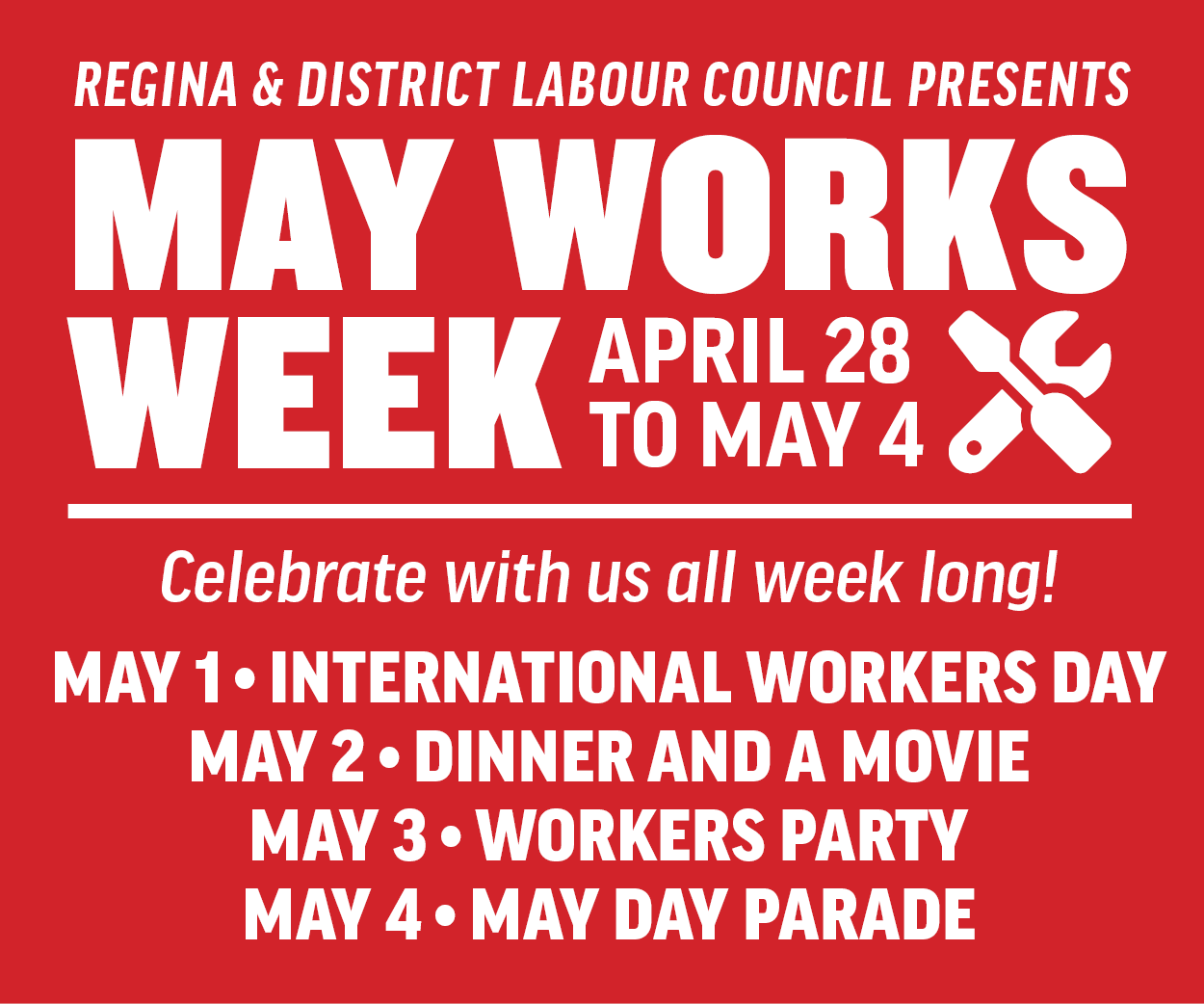While Toronto talks secession Regina wrestles with crumbling roads
City Hall | by Paul Dechene
“Secession.”
That was the one-word campaign platform rage-tweeted by Jennifer Keesmaat the day before she filed papers to run for mayor of Toronto. You may remember Keesmaat: she was a principal in the firm Office for Urbanism and, in that capacity, acted as one of the chief architects of Regina’s Downtown Neighbourhood Plan. For that work, Prairie Dog declared her a “Hero Of The Downtown” in 2008.*
From there, she went on to become Toronto’s Chief Planner, a post she left in 2017 after repeatedly — and very publicly — butting heads with current mayor, John Tory.
Whether she was deadly serious or kidding-on-the-square† about secession from Ontario is debatable. A follow-up tweet in which she wondered, “Why should a city of 2.8 million not have self governance?” and another in which she points out that, if it did secede, Toronto would become Canada’s fifth largest province, suggest she’s put a fair bit of thought into the idea.
At the same time, the remark drew out Twitter’s constitution pedants who argued municipal secession was utterly impossible because, to succeed, it’d require assent of all 10 provinces — including the one being seceded from — and the Queen. The pedants went on to remark that, if she wasn’t joking, Keesmaat had completely discredited her campaign with all this secession talk.
And the pedants might have been right about secession being risible nonsense if we were living in an age in which careful, considered campaign discourse were the road to electoral victory. But we’re not and those pedants would do well to look south of the border and in their own Ontarian backyards to see how far moderation gets people these days.
At the risk of sounding like I’m saying, “take Keesmaat seriously but not literally,” if nothing else, her call for secession has blown open a debate that’s been going on quietly within Canadian municipalities for years now: that being, the need for a new relationship between cities and provinces.
The main inspiration for Keesmaat’s remark seems to be Doug Ford following his provincial electoral victory with an all-out assault on Toronto democracy. Ontario’s new boss barely had enough time to dent his office chair before declaring his intention to slash the number of Toronto councillors nearly in half, going from 47 to 25 so that the ward boundaries would line up with political ridings. The surprise move came hours before the deadline to register candidacy in the city’s Oct. 22 municipal election, throwing the city’s council and the Big Smoke’s online punditry into chaos. While the move was welcomed by a minority of sitting city councillors, many outside political commentators argued reducing the number of councillors will consolidate political power in the hands of a few already powerful men.
The whole affair culminated in a moment of municipal militancy from Toronto councillor Gord Perks who responded to Ford’s plan by saying, in council, “No piece of paper, no legislative act, no decision by Doug Ford tells the people of Toronto they have to be governed by his rules… We’re not a creature of the province, we’re the voice of Torontonians. And our job is not to toddle up to Queen’s Park and ask them, ‘Please sir, can I have a referendum?’ I don’t want their permission for anything. My permission doesn’t come from them. My permission comes from Torontonians…
“Your call is not to figure out if you can find a nice agreement with Doug Ford to make this a little less painful — for us. Your duty is to get on the streets, fight back and stop this assault on the people of Toronto.”
It will be interesting to see if fallout from Ford’s term as premier and Keesmaat’s urban-extremist campaign for mayor will shift the national discourse around the role of cities because Toronto isn’t the only place where that discussion needs to be taken more seriously.
Speaking of…
Poring Over Poor Roads
The big item on Regina city council’s July 30 agenda was a proposal to reallocate funding for residential road renewal. Currently, an annual one per cent mill rate increase is dedicated to repairing the city’s potholed and cracking smaller streets. And, while the money has achieved a fair bit of road renewal over the last four years, the pace of work has been too slow for some. And as a portion of the money has been put towards preventative maintenance on roads in fair condition, many areas in desperate need of attention have gone untouched.
In a move engineered by Ward 1 councillor Barb Young, going forward city administration will re-jig the way money is spent so that the city’s worst roads are given the highest priority for remediation. She also called on administration to put together a plan to deal with the city’s backlog of poor roads in a reasonable time frame.‡ That plan is to be considered as part of the 2019 budget discussion.
Debate over Young’s motion though revealed how much the city’s efforts to deal with its infrastructure deficit are butting up against its ability to generate revenue. The city is presently almost entirely reliant upon property taxes to fund road remediation efforts because federal and provincial infrastructure money typically funds shiny new projects instead of mundane maintenance work.
When asked if the city has a plan to find new sources of revenue to fund road renewal, Mayor Michael Fougere replied, “We have a plan. We have talked about this with the province. We are a creature of the province. Under the Cities Act they created us. They can amend what they want. They can give us new sources of revenue if they’d like to do that. Those conversations happen a lot.”
That the city needs alternate sources of revenue beyond property taxes has been a council talking point for many, many years. It has been offered as the reason for the decades of deferred maintenance which led to Regina’s crumbling road network in the first place. It’s the reason cited for the slow progress now that “sound asset management” are the buzzwords of the day.
So what’s the roadblock stopping the province from empowering Saskatchewan cities to deal with this revenue problem?
“You’d have to ask them that,” replies Mayor Fougere. “Their priorities are to get the budget deficit in order. And that seems to be the priority and I respect that as an order of government. They have to do that. It just makes for much tougher choices for cities to invest in people and buildings and infrastructure the way we could do if we had more gas tax or another source of revenue that would be independent of the province that would come in and we could dedicate it to our priorities.”
Sounds like the province is the roadblock. So, maybe the time is right for Saskatchewan cities to start talking about a little bit of secession.
Footnotes
* The last time I interviewed Jennifer Keesmaat, it was in a press scrum during the first infrastructure summit. By this point, her firm, Office For Urbanism, had morphed in to Dialog and its work on the Downtown Neighbourhood Plan was all but concluded. I asked her about the city’s design for the City Square Plaza. She rolled her eyes, sighed loudly and said, “Do you really want me to answer that question?” That’s it. End of anecdote.
† “Kidding on the square” is a term popularized (though not coined) by disgraced former U.S. senator Al Franken in his book Lies and the Lying Liars Who Tell Them. It means to say something that has the tone of a joke but to really mean what you’re saying.
‡ According to a city report, even with an additional annual one per cent property tax increase for five years, it would take 25 years to get 84 percent of the residential road network up to fair condition or better.




